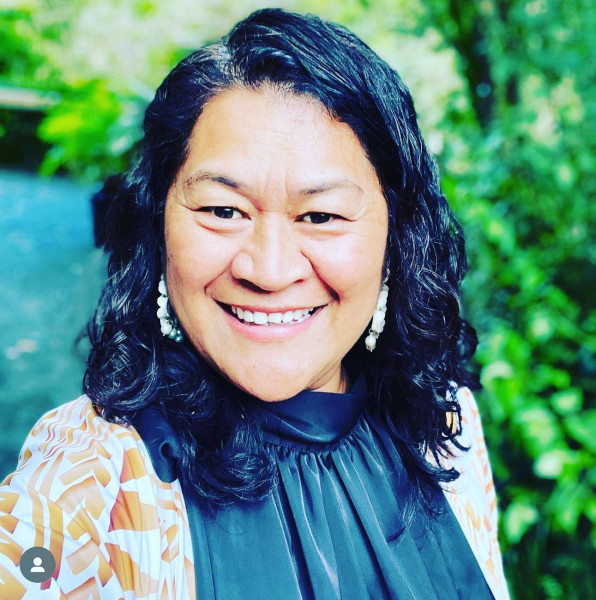Successful combo helps nurture Pacific languages in Aotearoa
Successful combo helps nurture Pacific languages in Aotearoa

Using a successful combination of faith, education and “heart” languages, Legacy Books NZ is ensuring Pacific children maintain and sustain their culture and identities throughout their lives.
Of Samoan descent, Nesa Tuigamala Prasad (pictured) is the founder, author, and publisher of charitable trust Legacy Books NZ.
The West Auckland primary school teacher is married to Fijian Indian pastor Umesh Prasad and together the couple have five children.
In 2020, Nesa says Legacy Books was dreamt up as a call to action in helping Pacific accelerate and improve their reading comprehension using familiar stories from home - Bible stories and their “heart” languages or Pacific languages.
“The main aim of Legacy Books NZ is to ensure all children use their language, their home literacies to learn to read,” Nesa explains.
“In doing this, it ensures their culture, language and identities are maintained and sustained throughout their lives.”
As a schoolteacher, Nesa has seen first-hand the impact this has had on young people.
She also used the project to base her Masters of Education (Hons) Thesis on.
“Legacy Books NZ is passionate about creating books in print and various formats (online, eBooks, audio) that promote literacy in our Pacific languages, cultural awareness, and faith.
“By engaging with stories that are familiar to students in both their heart languages and English language, we can help them develop the skills they need to succeed in all academic subjects and in life.”
The Legacy Books NZ team of writers and creatives plan to expand its selection of languages in the future to reach a wider audience of bilingual children from around the world.
Currently, books are available in Samoan, Tongan, Fijian, Niuean, Cook Island Māori, Te reo Māori, Tuvalu, Kiribati, Rotuma and Italian.
It has received support from the Ministry for Pacific Peoples (MPP) Provider Languages Fund to see its dream achieved.
“We believe our books will help children to develop important skills in reading comprehension such as inference, questioning, and critical thinking, while fostering a deeper understanding of different cultures and their Pacific languages,” Nesa adds.
She says Pacific languages are rich repositories of cultural knowledge, traditions, and values.
“Legacy Books featuring familiar texts allow young readers to engage with their heritage in their native language, preserving and reinforcing cultural connections, and by sharing stories rooted in our own culture, children develop a sense of pride and identity, fostering a deeper understanding and appreciation of our Pacific heritage.”
There are cognitive benefits from bilingualism, as well as an interconnectedness from using Pacific languages.
“Preserving these languages is vital for fostering a sense of interconnectedness among communities and promoting understanding and mutual respect.
“By nurturing bilingualism, children gain the ability to bridge linguistic and cultural gaps, facilitating communication and collaboration across our Pacific Islands and beyond.”
Introducing bilingual books ensures Pacific languages remain relevant and vibrant within communities, Nesa says.
“When children have access to books in their heart language, they develop stronger language skills and maintain fluency in both their native tongue and the dominant language.
“This not only strengthens their communication abilities but also allows for intergenerational language transmission, preventing language loss and promoting language revitalisation.”
With similar goals in mind as MPP’s Pacific Language Weeks series - to nurture, sustain and revitalise Pacific languages - Legacy Books NZ took part in Vaiaso o le Gagana Samoa - Samoa Language Week by organising an Instagram giveaway.
It plans to participate in the remaining language weeks this year.
Visit the Legacy Books NZ website or email [email protected] to order books.
